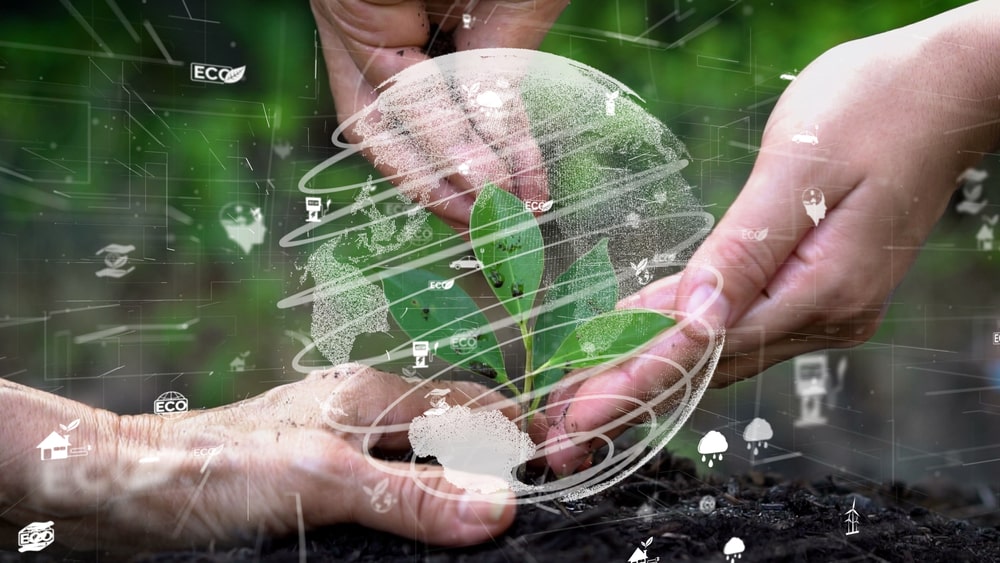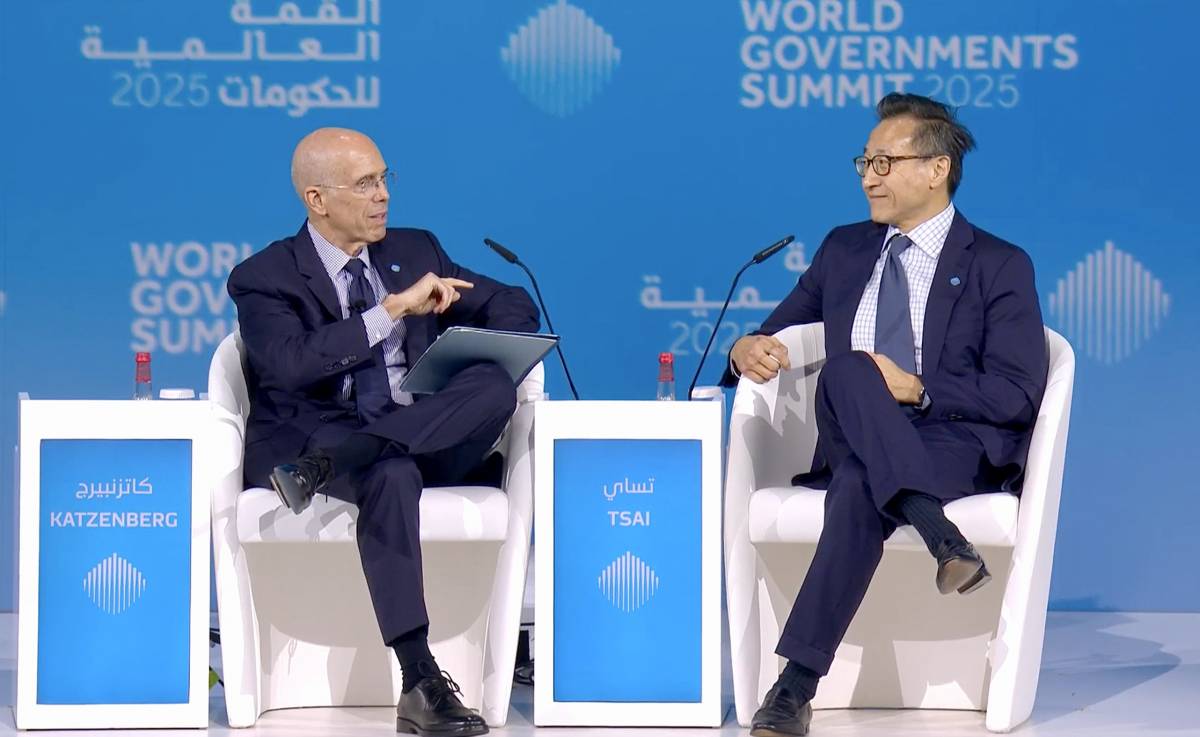
Alibaba Group Chairman and CEO Daniel Zhang called for greater collaboration across its ecosystem with customers and merchants in order to achieve common environmental, social and governance (ESG) goals in the industry.
Zhang was speaking remotely at the virtual Global Summit, the flagship annual event hosted by the Consumer Goods Forum (CGF), a CEO-led network of some 400 retailers, manufacturers and service providers.
CGF named Zhang Co-Chair of its board of directors this week for a period. The appointment marks the first time that an executive from a multinational company born in China has chaired the CGF.
Zhang will take a leadership role over the coming two years helping CGF members show consumers, employees and investors that they are proactively addressing pressing issues such as sustainability.

“ESG is not a separate responsibility. We want to leverage the power of our brand partners to achieve a common goal,” said Zhang.
Alibaba is seeking to encourage merchants to come together across its platform with the group’s over one billion annual active customers in pursuit of a common goal, to combat global warming.
Alibaba has been using advances in technology to make its platform more environmentally friendly.
Alibaba’s carbon footprint shrank during China’s mid-year shopping festival, part of the internet platform’s efforts to zero in on carbon neutrality. The Hangzhou-based company said that the carbon emissions per order during China’s second-largest online shopping bonanza, known as 6.18, fell 18% on a daily basis compared with during the event last year.
A big fillip to the green push during 6.18 came from upgrading one of its algorithms to make shopping more efficient within its ecosystem, including e-commerce platforms Tmall and Taobao.
The reduction during 6.18 also came partly from using less packaging in deliveries. With over 100 million packages delivered daily, the company has been recruiting merchants to adopt its green recycling packaging, especially during major sales periods. Nearly 100% of the packages shipped from Cainiao warehouses were biodegradable, according to the latest statistics from the company logistics and delivery network in 2020.
To encourage changes in behavior among consumers in China, the tech giant set up more than 100,000 parcel pick-up stations across the country this year, where shoppers can collect their online orders and recycle their related paper packaging at the same location.
Alibaba plans to share its energy-efficient technology with customers and business partners to support the fight against global warming. Zhang stressed that factors such as inclusiveness and interactivity would be vital to unlocking new ways for all company stakeholders to do their part in protecting the environment.
For example, Alibaba and its subsidiaries have launched various consumer-facing games and features to encourage the average citizens to be mindful of their carbon emissions. Alibaba users can choose to forgo plastic utensils or donate a portion of their online purchases to a green cause across company apps related to e-commerce, local services, deliveries and digital payment.
Alibaba’s affiliate Ant Group is also making strides towards its environmental goals. Ant’s digital wallet Alipay features an interactive game called Ant Forest that encourages users to take action towards environmental protection. For every low-carbon activity – such as taking public transportation or recycling unused products – users can score “green energy points” towards planting virtual trees. On behalf of its customers, Alipay and its NGO partners have been planting real trees in China’s most arid areas. Meanwhile, Ant Forest users can help water these trees virtually using their accumulated points.
Since Ant Forest’s launch in 2016, it has become a daily access point for more than 550 million people. More importantly, the company helped plant over 200 million trees by October of last year, roughly translating into 12 million tons of reduced carbon emissions.
To receive the latest news directly in your inbox, sign up for the weekly Alizila newsletter.



